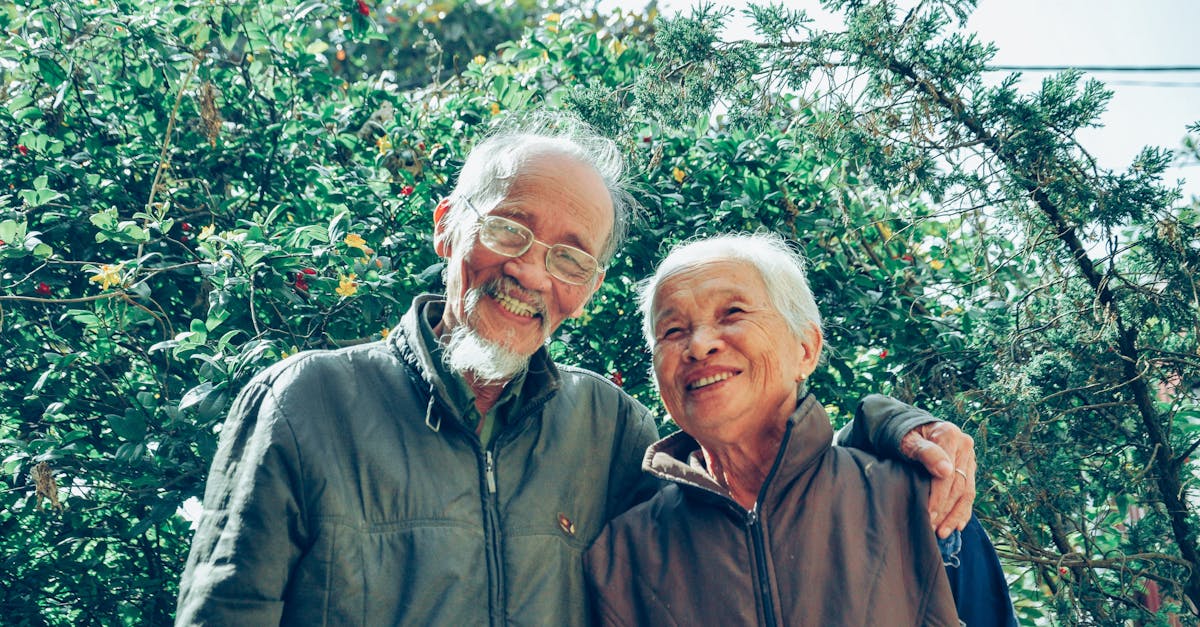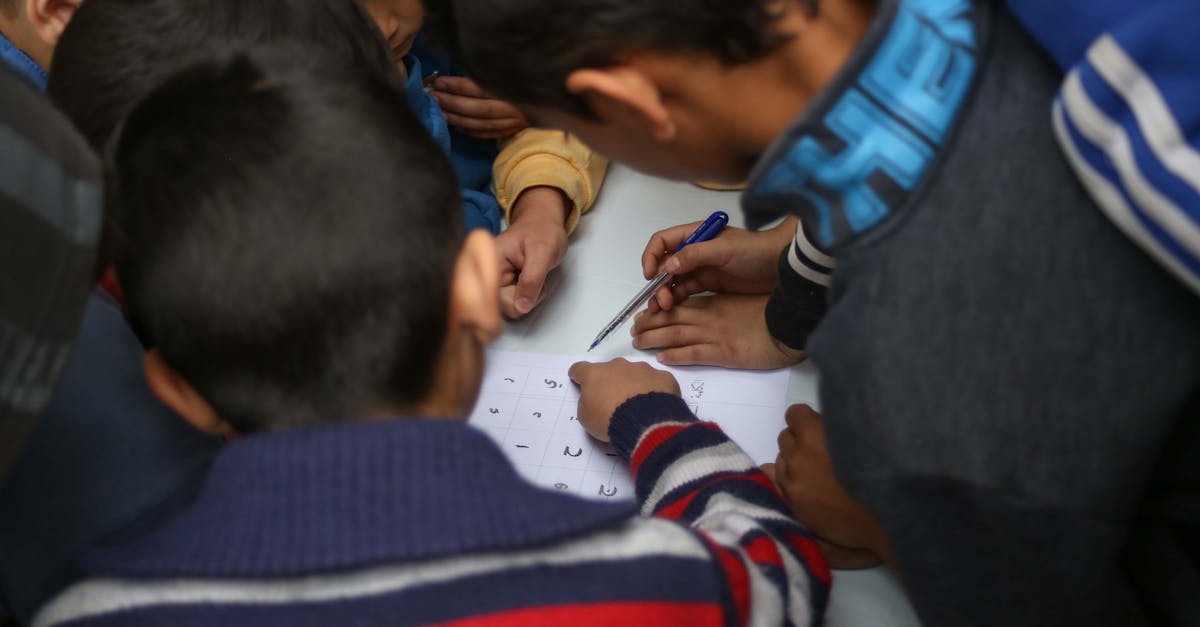Understanding Emotional Challenges in Toddlers
Toddlers are tiny emotional volcanoes. Their big feelings often don’t match their tiny bodies. They express frustration by crying, screaming, or throwing tantrums. Understanding these emotional challenges is key to guiding them.
Always remember, toddlers can’t yet verbalize their emotions. Imagine your frustration if you couldn’t tell anyone how you feel! Encourage them by naming their feelings: ‘I see you’re upset because your toy broke.‘ Vocabulary like ‘upset‘ or ‘sad‘ helps toddlers express emotions without resorting to meltdowns.

Practical Tips for Resolving Conflicts Among Toddlers
Managing conflicts among toddlers is all about distraction and redirection. You don’t want to scold, as this can worsen the situation. Offer an alternative toy or activity to prevent a full-blown meltdown. Using humor can work wonders: ‘Oh no, the blocks are fighting too! Let’s build a happy castle instead!‘
Another tip is to get on their level. Eye contact shows you’re listening and taking their feelings seriously. Physical touch, like a hug, can also help calm an upset child.

These simple yet effective strategies can make a significant difference in resolving conflicts among toddlers and creating a more peaceful environment for everyone.
Emotional Awareness for Older Children
Older children face more complex emotional challenges. They may feel left out at school, experience peer pressure, or struggle with self-esteem. These emotional hurdles might cause disagreements with friends or siblings.
Open conversations are crucial here. Ask them about their day and listen without interrupting. Share a similar experience from your own childhood to show you relate. Building emotional awareness helps them understand their own feelings and the feelings of others, paving the way for effective conflict resolution.

Advanced Conflict Resolution for Older Kids
For older kids, advanced conflict resolution involves more than just sharing and taking turns. Teach them active listening: they should listen without planning their response. This shows empathy and can defuse tension. Conflict role-playing can also be educational. ‘What if someone took your favorite game? How would you feel?’ Practicing different scenarios helps them understand various perspectives. Encourage problem-solving by letting them brainstorm solutions together. This fosters teamwork and mutual respect.

Encouraging Communication Across Age Groups
Effective communication is key to resolving conflicts among kids of all ages. Use ‘I’ statements instead of ‘You’ statements. For example, saying ‘I feel sad when my toy is taken’ is less accusatory than saying ‘You took my toy.’ Teach them to express needs and feelings clearly and respectfully. Encourage them to talk about what they need, rather than pointing fingers or placing blame.
Additionally, setting up family discussions where everyone can voice their concerns helps practice these skills regularly.
Building Lifelong Conflict Resolution Skills
Conflict resolution isn’t just for childhood; it’s a lifelong skill. Praise your children when they resolve a conflict peacefully. This reinforces positive behavior. Also, be a good role model. How you handle conflicts sets an example for your kids. If they see you solving disputes calmly, they’ll likely mimic that behavior. Activities like team sports or cooperative games can also build these skills. Remember, every conflict is a teaching moment. Use these opportunities to guide your children towards peaceful resolutions.

